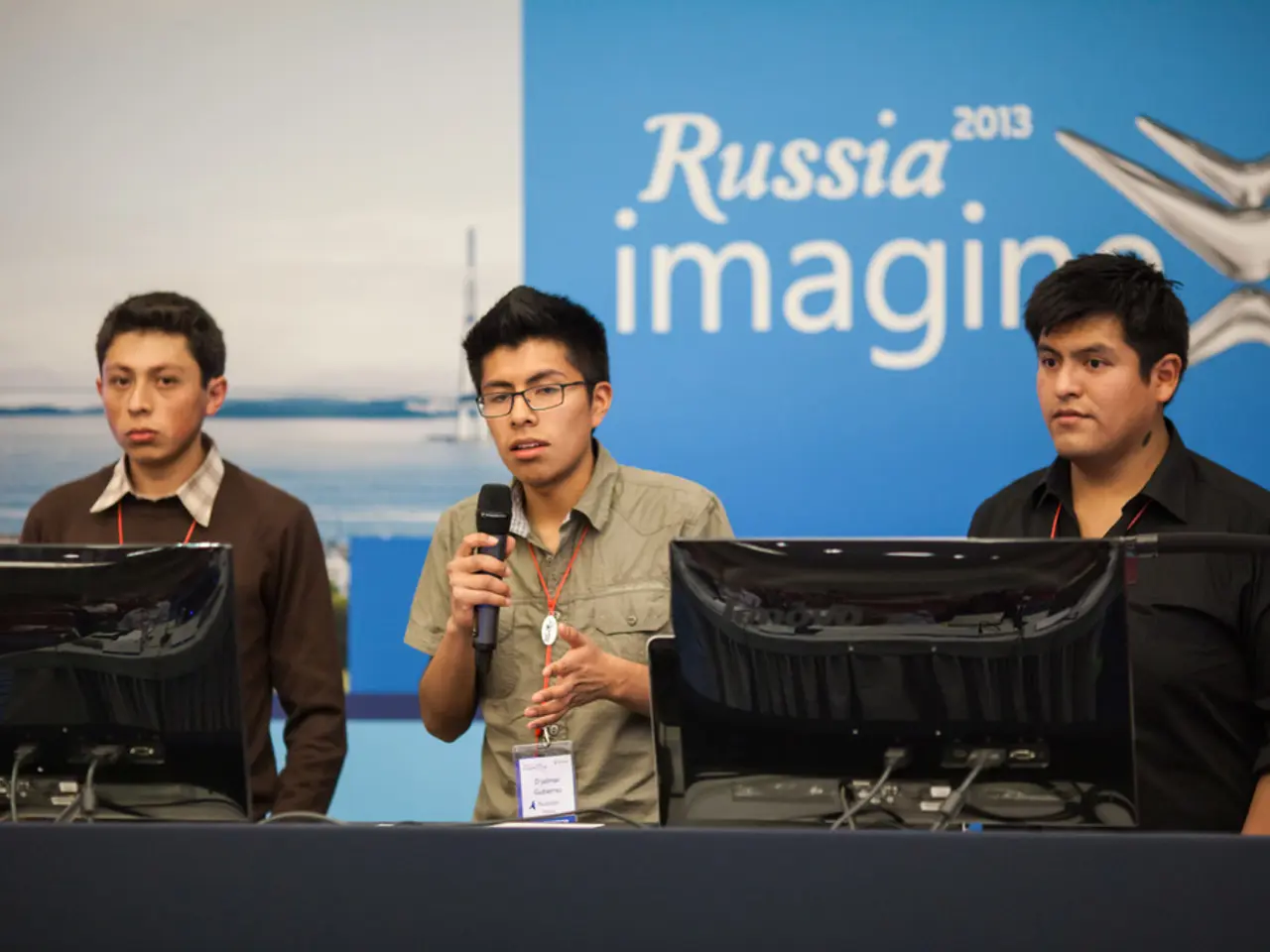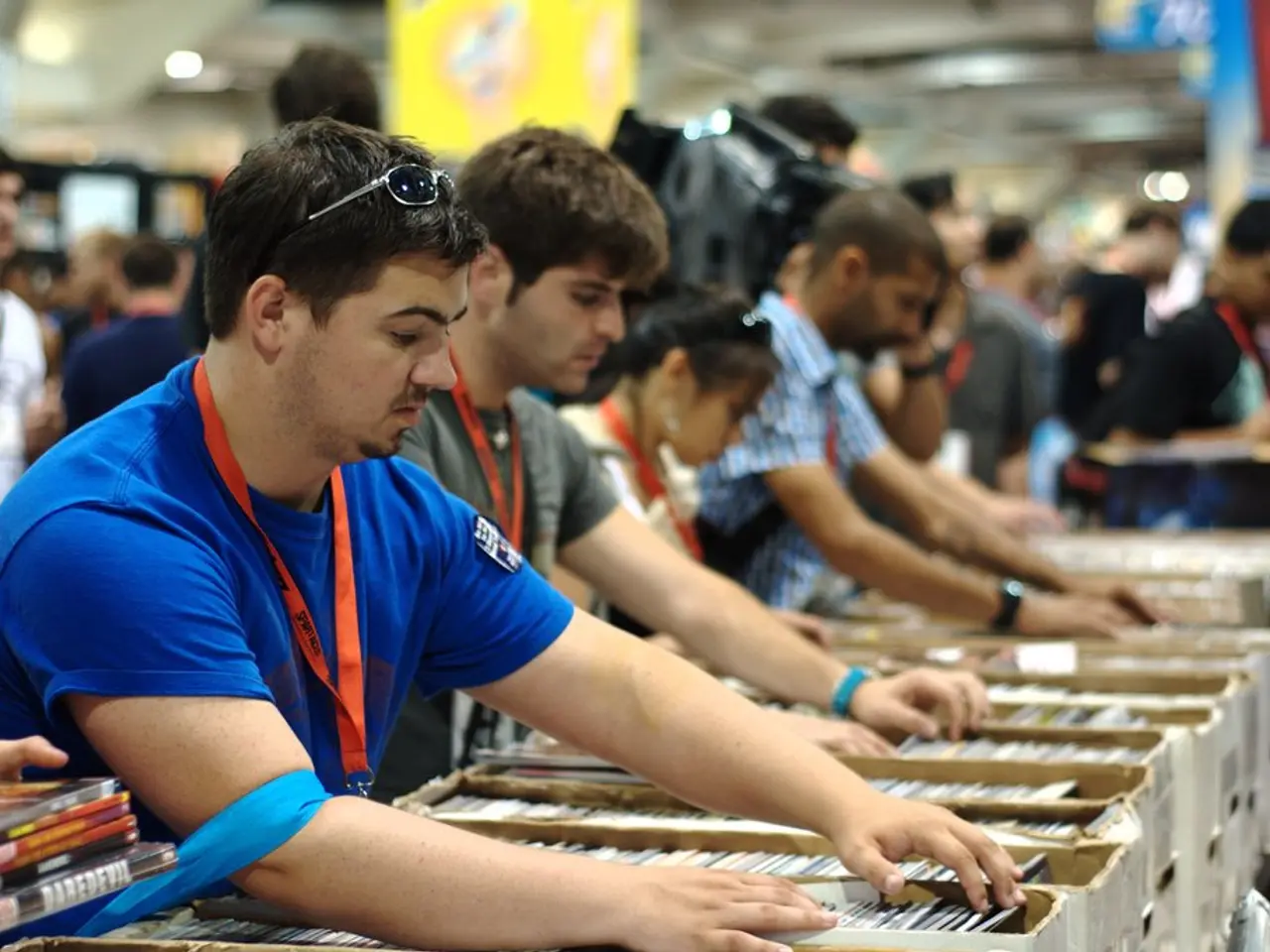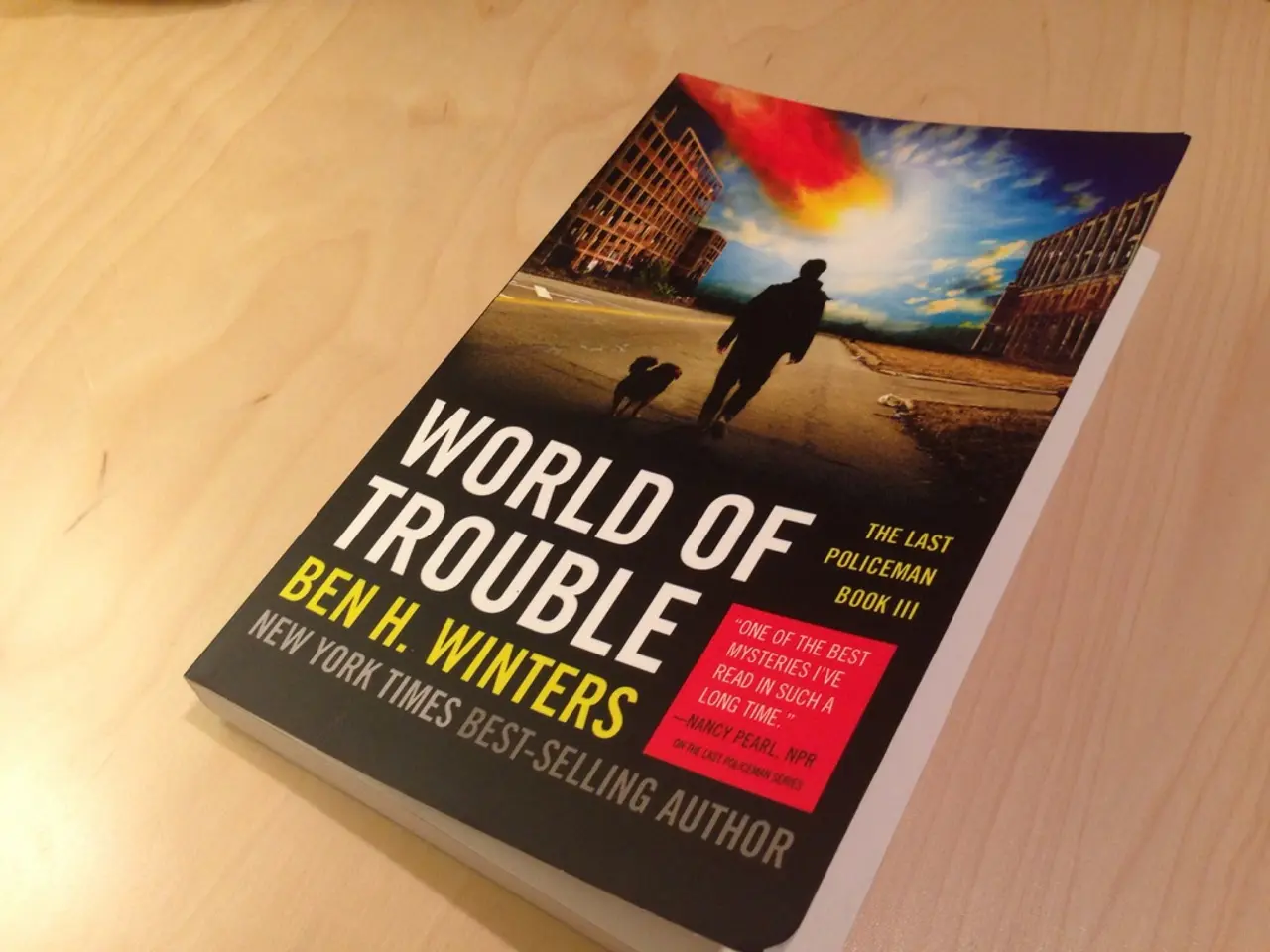Trump's Reliability: "We Can Depend on Donald Trump"
After the recent NATO summit, the general consensus is that the United States will continue to shield European nations. However, the experts on Maybrit Illner's show are in agreement: Europe needs to be self-reliant in a crisis. This shift in thought has already been recognized as a success by Foreign Minister Wadephul, as Europe enhances its defense capabilities to counter the persistent threat from Russia.
Donald Trump's presence at the NATO summit was a notable event, considering the usual mundanity associated with it. The summit's focus on Trump was necessary, as they aimed to keep him pleased. NATO Secretary General Marc Rutte openly joked and affectionately called him "Daddy." This could be Trump's new American nickname as he arrived home, satisfied and euphoric about his Dutch feast. Trump is content because he got what he desired: European NATO members will soon contribute five percent of their GDP to build up their military strength in the future. The United States will not. Trump is well aware that the Europeans are in dire need of U.S. support.
Trump, in his announcement, guaranteed that the United States would aid the Europeans when needed. But European nations share a sense of doubt about relying on the U.S. for their defense.
Political scientist Florence Gaub of the NATO Military Academy in Rome highlighted the importance of U.S. support while reminding us that China is the number one strategic threat for the United States. Gaub asserted that "the USA can't fight a two-front war; they can't defend Taiwan and us at the same time." Therefore, all parties must work together to protect themselves. Europe, as it seems, has been acting as if its defense isn't a pressing concern. The future, however, demands a change.
To European Left Party leader Jan van Aken, security should be viewed from a European perspective, as the United States has been an unreliable ally for years. Despite the shared agreement about the Russian threat, van Aken is dissatisfied with NATO's goals he deems focused too much on conventional warfare rather than promoting diplomacy and alternative resolution methods. Van Aken also suggests that expensive defense tools, such as frigates consistently absent from home ports, may not be necessary for protecting international trade routes.
On the other hand, Wadephul emphasizes the significance of protecting European trade routes, particularly pertinent in the Arctic where Russian nuclear submarines lurk. Gaub agrees, defending that decisions are being made with a 2040 outlook, prioritizing long-term security needs. This includes the continued support from NATO for nuclear protection against Russia, by far the most formidable nuclear-armed nation.
As the world praises Trump's commitment to NATO, some, like van Aken, question the necessity for more military spending in Europe. They argue that resources would be better allocated towards diplomatic efforts and humanitarian relief projects. The debate remains heated, but European nations await the results with uncertainty.
- Johann Wadephul
- NATO
- Donald Trump
- The European Union is committed to politics that prioritize self-reliance in a crisis, beyond relying solely on the United States for defense, as the recent NATO summit and discussions about enhanced European defense capabilities demonstrate.
- In light of the European nations' doubts about the reliability of the United States for their defense and the significant Russian threat, there are ongoing debates within the European Union about prioritizing resources for diplomatic efforts, humanitarian relief, or continued military spending to counter the persisting threat.





